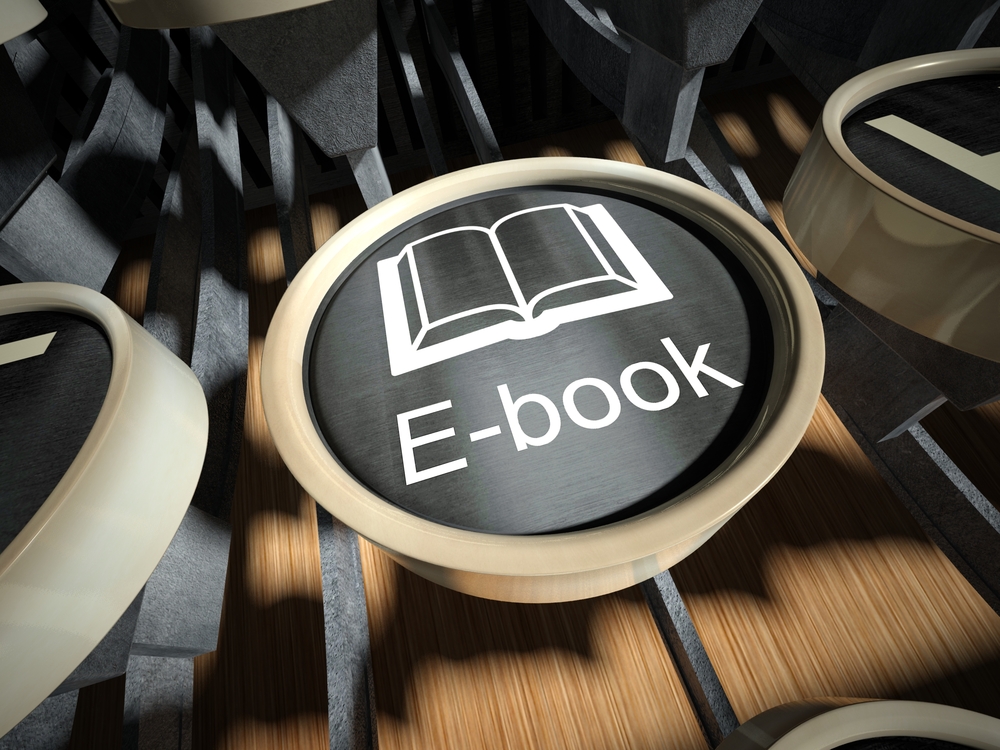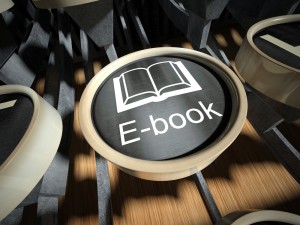If you are an avid reader of Wise Ink, you know that we live and breathe indie publishing. We couldn’t be more in awe of the self-sufficient, self-starting, inspirational, educational, entertaining, thought-leading, movement-making indie authors we work with. You make us strive to be as awesome as you! Indie love!
We’re also realists; we realize there are STILL (still? Yep.) plenty of nay-sayers out there trying to keep self-publishing authors down. Certain booksellers and reviewers refuse to even look at self-published books because “it’s their policy.” Indies move around them–directly to their audiences. Tons of other experts (Wise Ink included) believe that indie publishing is THE BIGGEST thing happening in publishing right now. Nothing in publishing has affected the industry like this since Harlequin came out with cheap paperbacks and started selling them in grocery stores–now THAT changed reading habits!
The BIGGEST reason we believe self-publishing will be PREFERRED by readers:
E-book pricing
The pricing scandals of 2012 ruled that traditional publishers could artificially inflate prices of e-books to be comparable to print. And, of course, they priced their e-books high to “promote print purchases”–nothing like stunting the growth of technology in favor of an old-fashioned medium for your own financial gain–way to go Big 6! Or is it Big 3 now? It’s hard to keep track nowadays.
So, when J.K. Rowling’s new book The Casual Vacancy came out with a hardcover list price of $35 ($21 on Amazon) and an e-book list price of $35 ($17.99 on Amazon–now $8.28), of course readers flocked to the print version for $3 more. A few probably still sprang for the e-book, but not nearly as many as print. Because readers don’t like to spend $18 on an e-book; readers have gotten used to spending under $10 for an e-book.
Why is this so great for indies?
This is great for indies because INDIES will be the ones moving with the market. The Big 6/3 believe they can control the market. They can’t. The fact is that readers already have developed a perceived value for an e-book, and it ain’t $18. The attempt by these publishers to stunt evolution in the publishing industry is actually great for indies because INDIES can be the ones to innovate and lead the movement! In artificially pricing e-books high to compare to print books, these publishers have perfectly positioned indies to cater to readers in a way that traditional publishers don’t. And it’s showing! Every day there’s another publishing merger, another major warehouse closing, another publisher going bankrupt. The same day, there’s another self-published author hitting it big. As Kristin Lamb says in her blog article titled “Big Six Publishing is Dead – Welcome the Massive Three,”
If I were the Big Six, I would worry big time. Why? Because, the only disposable part of this relationship is…the publishing houses.
Indies: you’re on the right side of history! Harness it!



Thanks for that update. I didn’t know that about Rowling’s book. Interesting and expected I guess from the Big 6/3. Desperation is not pretty!
It never works to go against what consumers want and the big publishers haven’t gotten that yet. Unfortunately they have to stay in business and money talks. Their decisions are revenue based and you can’t blame them for that. BUT that’s where indies are able to get a leg up.
Spot-on assessment. I find it amazing that any big publisher would even attempt a $35 ebook price in an era when self-publishing $2.99 ebook authors are earning 70% royalties and reaching worldwide audiences in major online stores.
Two words keep coming to mind lately when I think of the Big 6/3 : arrogance and ignorance.
you’ll get no argument from us on that! Thanks for the comment Ryan!
Not only is it a pricing issue, it is a quality issue. Indie authors aren’t bound by publishing house rules and formulas. Now readers can choose what they enjoy rather than being herded into sometimes inferior novels.
Fantastic point Onisha! Thanks for the comment!
So, the big guys want to have their cake and eat it: we own a print book, but licence an e-book, yet some would charge the same rate for licencing as ownership. Do these people still publish fairy stories? They are certainly trying to write them